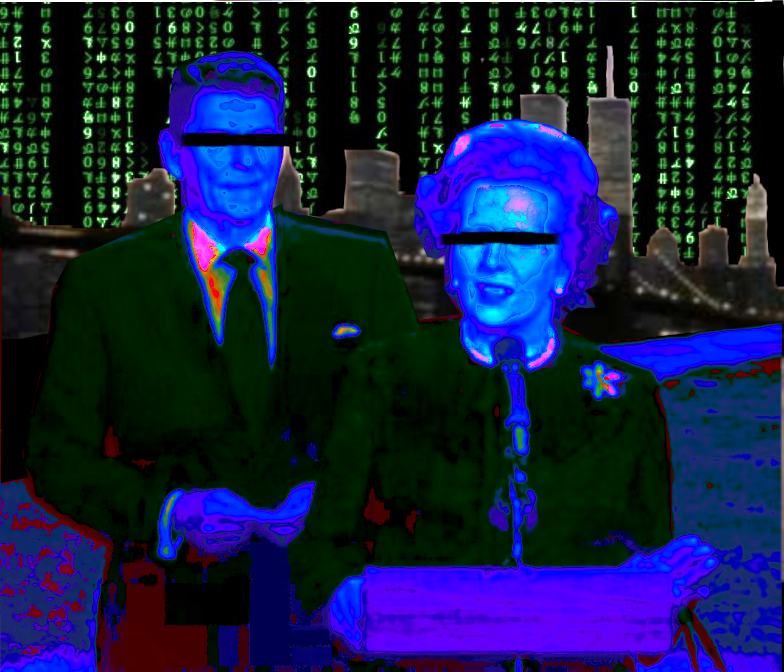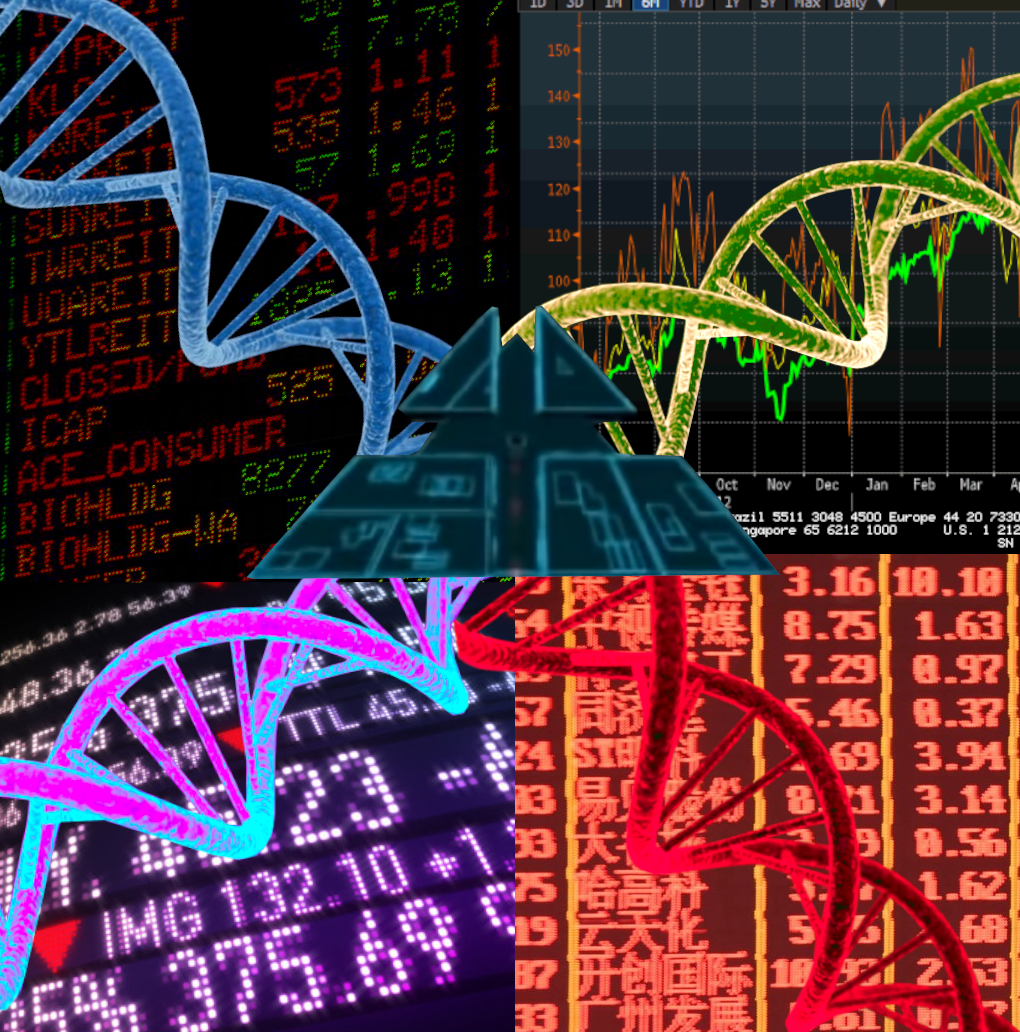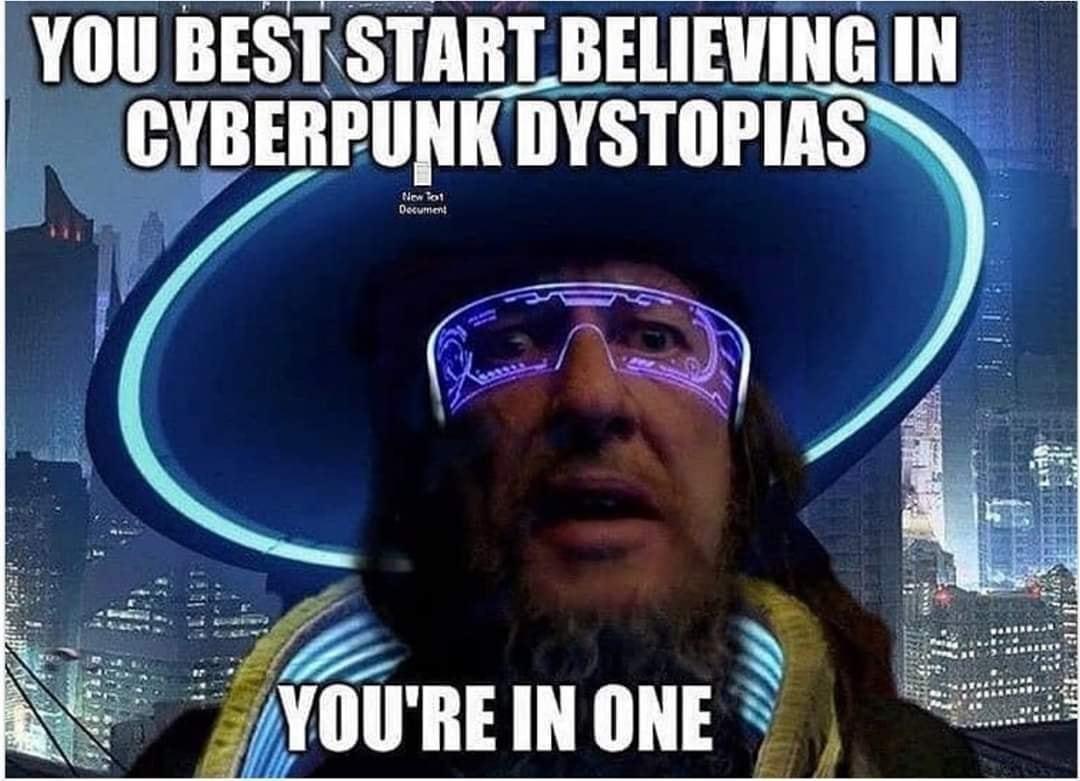Part 1: Carpe Diem Nietzsche

Freidrich Nietzsche. The prolific nihilist philosopher of the 19th century. His writing contributed much to Western Philosophy and modern political thought. One of his central ideas to his philosophy was that of 'the will to power.' To put it simply the 'will to power' is the ability to achieve 'selbstüberwindung,' self-overcoming, leading someone to become an übermensch: the super-version of one’s self, the next step in evolution. 'So how does one achieve this?' You may ask? Well, it’s simple, you just do it. You must be decisive. You march onward into battle. You go get the girl. Sprint across the finish line. Open that business. Ace that test. Achieve your dream. Carpe. Diem.
Now, this sounds like some 2016 Shia LaBeouf meme, but Nietzsche is a lot more nuanced than a motivational poster or a business hustle Instagram account. He also explains why people are not successful or do not follow this path, they instead critique those who are successful or blame external factors. These people are in fact not successful because they have a slave morality. This is explained in Nietzsche’s critique of Christianity, he argued that the religion was that of slaves who couldn’t achieve what they desired, what the Romans had. Thus they sought to undermine the Romans’ power and their control on what was desired by spreading Christ’s teachings. That the act of restricting our desires, pride, greed, lust is, in fact, virtuous, failing to do so is sinful, and that the meek must inherit the Earth.
Now let’s put a pin in this, will come back to this later.
Part Two: Neoliberalism

The ideological norm that many of us across the globe live in today, is more or less a variant of Neoliberalism. In David Harvey’s book, A Brief History of Neoliberalism, it is a political-economic theory that proposes, 'that human well-being can best be advanced by liberating individual entrepreneurial freedoms and skill within an institutional framework characterised by strong private property rights, free markets, and free trade' (pg. 2). In this ideology, the state is required to establish and maintain a framework to ensure the proper functioning of the free market. This includes guaranteeing the integrity and quality of money, promoting free trade, and monopolising violence and creating legal structures to protect private property rights.
It developed during the Cold War, with the famous Austrian political philosopher Freidrich von Hayek and his Mont Pelerin Society. They derived their theory from liberal neoclassical economics, such as from; Marshall, Jevons, Walras, and sought to remove classical economics. However, they still hold to some classical economic tenants, particularly those from Adam Smith with his concept of the 'Invisible Hand' as the 'best device for mobilising even the basest of human instincts such as gluttony, greed, and the desire for wealth and power for the benefit of all.' pg 20. As the ideology became fully actualised into politics with the onset of the 80s with its champions Reagan and Thatcher, and even to the surprise of Westerners, the PRC under Deng Xiaoping’s 'Socialism with Chinese characteristics' a state manipulated market economy. The ideological dominance of Neoliberalism was cemented in the 90s over the corpse of the Soviet Union and its Warsaw Pact, with the West only coming to Russia’s aid to provide 'shock therapy' neoliberalism. With Communism, the grand arch-nemesis against the capitalist west, finally beaten, the United States became the uncontested global superpower bringing with it Neoliberalism as the universal norm. So much so that Francis Fukuyama published a book called The End of History and the Last Man, that this norm of Neoliberalism or Western liberal democracy marked the end of ideology. It seems naive with the rise of populism in response to the series of socio-economic turmoils over the past decades.
However, what did come with Neoliberalism, like anything in political thought, were certain tenets and ethical that would be assumed in order to accept the superstructure of your inter-subjective reality, that I’ll just call a 'narrative simulation' due to inter-subjective reality not entirely involving the physical, but narratives about the physical. Two key ideas that I want to discuss are, 'Personal Responsibility' and 'Equality of Opportunity'. Personal Responsibility and its popularity can be attributed to Ayn Rand’s Libertarianism, which has been widely influential among Neoliberals. It can be boiled down to 'If you are not making enough money to be successful, then that is your fault'. Your unfortunate material conditions are not a product of society, that’s a YOU problem. Unless the state and its programs are involved, then that’s what’s causing the problem, not that we’ve underfunded and internally sabotaged them (a tactic used by the Reagan’s David Stockman as Director of the OMB to justify Neoliberalism) (Empire of Democracy, Simon Reid-Henry, pg. 205), or that your taxes are going to the wealthy and not back to you and your community, or that your country’s wages have been stagnant and the cost of living is up. Only socialist welfare governments make things worse, not the drive for the fictionalisation of capitalism in a free market supported by the state. That is why traditional Republicans always talk of small government despite blowing out the deficit for the military, while Establishment Democrats do the same thing only with half-baked welfare systems all with faux economic progressivism as a band-aid on internal bleeding.
This argument is exactly what is described by Oliver James in his book The Selfish Capitalist — Origins of Affluenza in chapter 2, 'In the entrepreneurial fantasy society, the delusion is fostered that anyone can be Alan Sugar or Bill Gates, never mind that the actual likelihood of this occurring has diminished since the 1970s — a person born in 1958 was more likely than one born in 1970 to achieve upward mobility through education, for example. The Selfish Capitalist toxins that are most poisonous to well-being are the systematic encouragement of the ideas that material affluence is the key to fulfilment, that only the affluent are winners and that access to the top is open to anyone willing to work hard enough, regardless of their familial, ethnic or social class background — if you do not succeed, there is only one person to blame'. There we only have two options; to extract the surplus-value of someone else or to have your surplus-value extracted, for most people on the Earth the latter is the only option.
This couples well with Personal Responsibility, if everyone has the same socioeconomic footing to be successful, then those who are poor are lazy and those who are successful entrepreneurs should be celebrated. The phenomenon of the so-called 'self-made billionaires'. Sound familiar to Nietzsche’s Will to Power? That’s because it can be easily grafted on it. After all, it’s the same principles. If the popular Tech Tycoon is successful, they are a great man/woman, they can be defined as an Ubermensch because they have the Will. If a poor person is dying of hunger and wanting to get a food stamp, they are lazy and a parasite. They blame the system rather than trying to attain that will, he was fired because he wasn’t good enough and fails to see that they are plagued with a Skalvenmoral. If you’re drawing links to Social Darwinism in regards to class, good, fortunately, everyone here on this Earth is Human. Regardless of what Fascist 'race realists' believe, we are only superior either by certain inalienable qualities on an individual level or based on the conditions in which you are raised or live in. If you are raised in a war-torn country, developing PTSD and being injured by chemical warfare, your mental faculties will be worse off than if you were raised in picturesque western society with social welfare. Unless one has a warped perception of ethnic or racial groups, we are all equally human and we should have learned the warped view that justified Imperialism and genocide, is wrong… But what if that changed.
Part Three: The Capitalist Stratification of the Human Genome

In November of 2018, two children by the name of Lulu and Nana were born in China. However, unlike all other babies, they were genetically modified as part of an experiment by He Jiankui. What he did was that he modified their CCR5 genes to make them HIV resistant, which in unmodified humans without a mutation, allows for HIV to enter and infect the immune system. He did this by using CRISPR on the zygotes and proclaimed his success at the International Summit on Human Genome Editing in Hong Kong. This sparked immediate outrage internationally and he was thrown into jail by the PRC for three years in 2019. The Chinese laws on the books since 2003 do prohibit the 'use of genetically manipulated human gametes, zygotes, and embryos for the purpose of reproduction.' as stated in a 2017 report by Nuffield Council on Bioethics. However, I seriously doubt that this is the last we will hear of human genetic modification since according to that previously mentioned report, there are many 'grey areas' for bioengineering markets and fields such as surrogacy and stem cell research. This could mean that there is the possibility of a black market. So if it could happen for these areas, why not human genetic modification? After all, He was only arrested after he announced to the world what he had done, it could be possible that he could have kept this secret from his government. Two things that we can take away without too much speculation about this are: 1. Human genetic modification could have a market 2. That market could be controlled. To explain the first part, take a second to ask yourself, 'Who would not want their kids to be immune to HIV?', If you are willing to empty your bank account to save your child’s life against malaria or cancer, why not prevent having to deal with them getting HIV? Like any market of something this high stakes, entities will try to control and reap its profits and benefits. Now, as like any significant technology, there would be implications for human society with its introduction. Yet, what would those implications be? The second part on who controls it will answer that question since if we continue along the commodification line, either a multinational mega-corporation or the state (possibly working with corporations) would be the ones that would try to control this market, either one would lead to one class of people reaping the most from it. The ruling class.
Any conglomerate of the bourgeoisie would have the access to the apparatus of the state and the tools of mass generational wealth at their disposal, allowing them better, if not complete, access to the best genes that money can buy. It could be cosmetic, from eye, hair, skin colour, larger reproductive organs to something more impactful such as a robust immune system, better bone structure, better vision, a higher metabolism, etc. This unequal access to genetic modifications for the ruling class would give them a head start down the road of transhumanism.
This leads to some disturbing conclusions that link directly back to the Capitalist Social Darwinism that was already discussed. This blatant but novel form of eugenics can be supported by the capitalist narrative simulation of the Will to Power by arguing that 'The reason why these billionaires, bankers, politicians, etc. became the ruling class was because of their genetics which allowed them to have the Will to Power and become the Ubermensch, all the more reason that they should propagate and edit their seed.' That argument now evolves from the ill-defined 'character' of entrepreneurship to genetic capacities. That social hierarchy that the argument justified, which was purely based on a social construct and its only mandate was the tolerance of those under it and the monopoly of violence now becomes a matter of empirical biological hierarchy. Now, it’s no longer a class struggle between the working class and the ruling class and its middle-class allies, but between the Homo Sapiens and the 'Homo Deuses', as Yuval Harari would call them. We already know the cruelty that humans are capable of in regards to how we treat animals, and you don’t even need to look too far for the even more horrific things we can do to humans when we view them as closer to the level of animals even when the justification is untrue. If that history tells us anything, is that if Homo Sapien Sapiens were to become the objective sub-race to the transhumans, it would not end well.
Again this is all speculation but it helps us analyse the trends of our current society, and more voters and policymakers should be having discussions about the negative consequences of genetic editing. However, I am personally hopeful that we will not arrive at a world akin to Altered Carbon or The Time Machine by H.G. Wells, though we can only prevent this by moving towards the abolishment of capitalism and distributing these technologies that would prevent a genetic hierarchy so we can ameliorate the human race collectively since the ethical and philosophical beliefs in capitalism are and can be harmful. How to do the latter is an excellent question and Leftist must begin developing theories on how to handle this and applying them decisively, because like it or not, the future is now.

Special thanks to our patrons, Dominic Condello, John Walker, BoringAsian, Mr Jake P Walker, Joseph Sharples, Josh Stead, Dave, Charlie Turner, Hol, Aryeh Calvin, Rylee Lawson
If you want to help us reach the funds needed to keep this site up forever, please consider becoming a patron:





